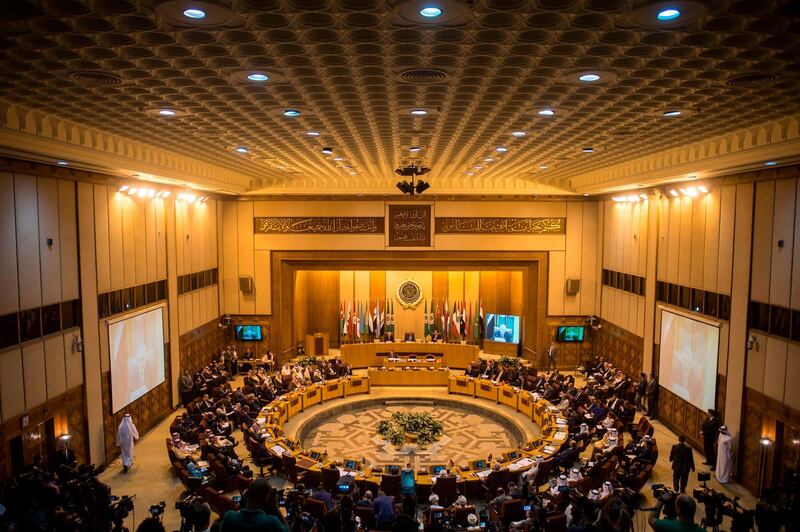Parts of the region are under siege by Iran and its proxies. To the outside world looking on from afar, the ongoing tensions in the region might seem like typical rivalries, but it is becoming increasingly clear to those in proximity that the Iranian regime is making an energetic effort to consolidate a mini-empire. Its current conduct conveys a sense of its intentions in setting out to gain supremacy over vast swathes of the Middle East.
The regime has already spread its insidious influence to Lebanon, whose government is effectively controlled by Hizbollah and whose former prime minister has blamed Iranian meddling for his resignation. In Yemen, Iranian-backed Houthi militias have transformed the territory under their control into a launchpad for missile strikes against Saudi Arabia. In Syria, Hizbollah and Iran have shored up the presidency of Bashar Al Assad, a man who has used chemical weapons against his own people. The Iranian regime is following up its gains with the creation of a land bridge that links Tehran to Beirut, removing the obstacles that currently stand between it and Hizbollah. These moves raise serious security implications for the rest of the Arab world.
_________________
Read more
[ Arab League hears of growing Hizbollah threat ]
[ Iran's Tehran-to-Beirut land bridge moves closer to reality ]
[ UAE condemns Iran's missile programme ]
_______________
Bahrain’s foreign minister, Sheikh Khalid bin Ahmed Al Khalifa, underlined the potency of the situation when he told the emergency meeting of the Arab League in Cairo on Sunday that Iran constitutes the “biggest threat to the security of the region today”. Hizbollah, he said, “does not just carry out operations inside the borders” of Lebanon but “also crosses its borders to all of our nations”. Sheikh Khalid was addressing representatives of nations that have repeatedly been exposed to the rough edges of the Iranian regime’s determination to plough a furrow towards its own empire. Saudi Arabia alone has been bombarded with at least 80 ballistic missiles and 66,000 projectiles fired by Houthi militias in Yemen.
The patience of the Arab world, taken for granted for far too long by the regime in Tehran, is evaporating. There is, now, a growing sense of urgency among international leaders of the need to bring Iran to account. Following a conversation on Saturday between the US president Donald Trump and his French counterpart Emmanuel Macron, the White House announced that both leaders had agreed to “counter Hizbollah’s and Iran’s destabilising activities in the region”. Curbing Tehran's ambitions calls for a united voice if moderate Arab countries are to defend their national security and keep their people safe.
Follow The National's Opinion section on Twitter





